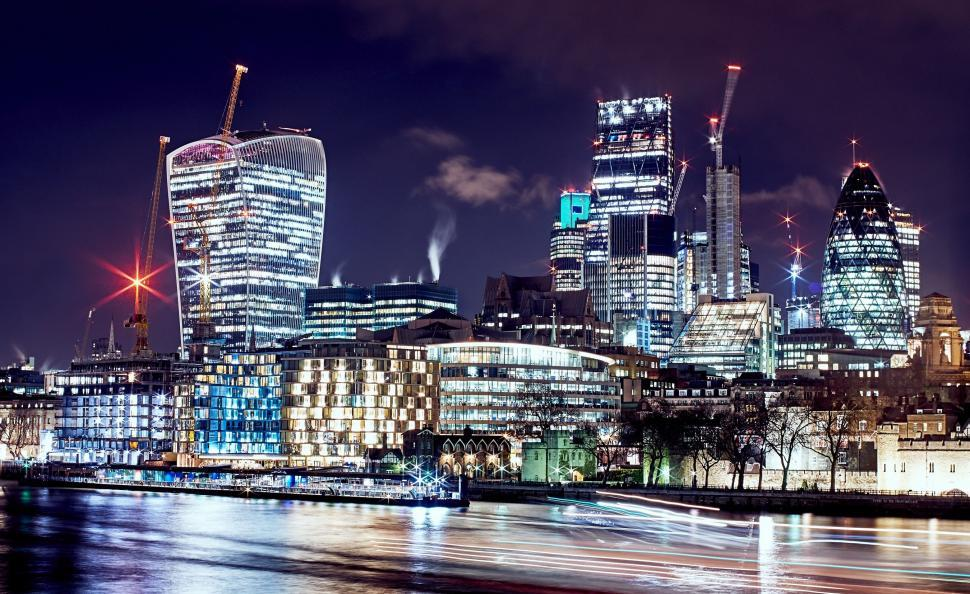December 2024 UK inflation drops to 2.5%, providing economic relief
- Ben Jones

- Jan 15, 2025
- 2 min read
The most recent statistics from the Office for National Statistics show that the UK's inflation rate dropped to 2.5% in December 2024, from the 2.6% in the previous month in an unexpected change of events. This decline was especially noteworthy in contrast to economic projections, which had indicated an increase and offered a ray of hope among continuous economic difficulties.

Core inflation dropped from 3.5% to 3.2% while services inflation dropped from 5% to 4.4%—the lowest since March 2022—which drove a notable drop in the Consumer Price Index (CPI). With some experts speculating that interest rate reduction could be on the table as early as February 2025, this surprising decline in inflation rates has spurred debates over the possible Bank of England monetary policy adjustment needed.
Financial markets, which regard this as evidence of possible economic stability, have greeted the news with wary optimism. Reduced borrowing could result from lower inflation, therefore relieving companies and households struggling with the cost of living crisis. Still over the Bank of England's objective of 2%, inflation causes complexity in the economic scene.
Critics of Chancellor Rachel Reeves' economic policies have focused on the UK's economic stagnation and rising debt payback as areas of issue. Although some of that pressure may be momentarily relieved by this decline in inflation, the larger economic approach remains a hotly contested matter. The way the administration approaches boosting development while controlling inflation will be crucial in the next months.
The declining inflation rates coincide with public attitude toward economic management that has been mostly hostile on social media platforms. Trending conversations on X have brought attention to the continuous hardships faced by UK workers, with one in six apparently skipping meals owing to expensive living expenses, therefore depicting a bleak image of the economic realities for many.
Although this drop in inflation is encouraging, it is only one element of a bigger picture. Determining whether this trend continues or whether an emergency budget will be required to handle fundamental economic problems depends much on the forthcoming fiscal projections of the Office for Budget Responsibility.
Therefore, even if the decline to 2.5% inflation provides a brief respite, the UK's economic path is far from finished; governments, companies, and people are keenly observing the next steps towards recovery and development.


